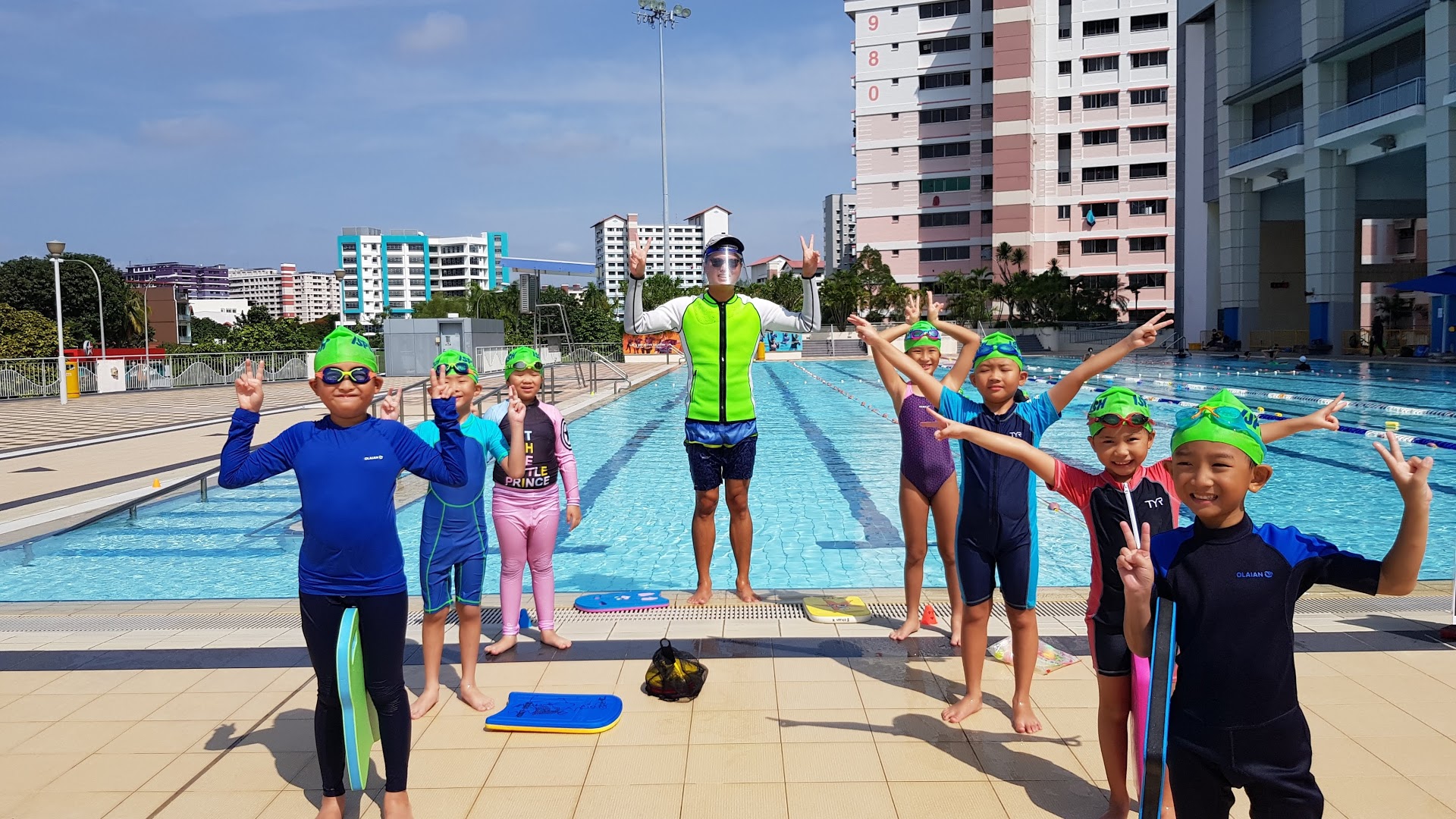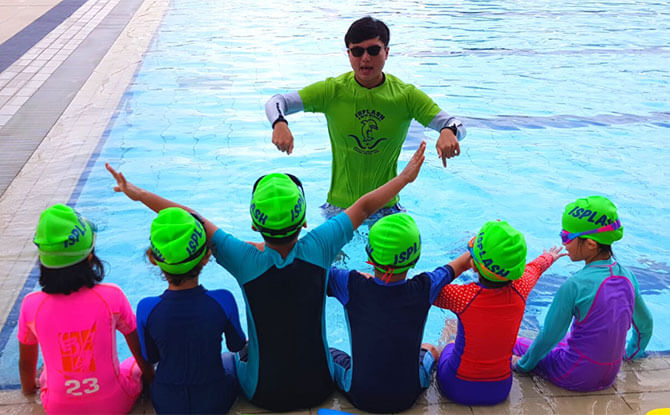

Below, deep valleys of green, rolling patchworks of farms, dark forests. Ahead, a panorama of enormous peaks, sky. Across the road, a grove of olive trees with silver leaves glitters softly in the morning light. On our way to the beach, Christos and I stop for breakfast at a mountaintop taverna. I ran out with a pot of water to extinguish the blaze and save the pilot’s life. Stavros recalls: “An English war plane was on fire, about to crash right near our house. It was only by watching the terror, alarm and tears in the eyes of others that I knew my joy was not real.” In my childish world I didn’t feel a grain of fear my heart was swollen with excitement at the splendor of the sky. He tells me: “The city of Chania was luminous and alight as if fireworks were exploding to celebrate a special occasion. Waiting for Stavros on those warm summer evenings, it never occurs to me that the stories he is bringing will take all his courage to tell. He is eager to talk, as if his memories have ripened and grown too large to fit inside him any longer. Tsikoudia, sodas and mineral water, ready for glasses and ice.Īt last Stavros arrives. The table is spread with mezédes, melon cut into chunks and piles of pistachios. By listening to Christos and his friends, I learn about the suffering of the pallikares and the Cretan women and children, as they all fought passionately and courageously for their freedom during the Nazi occupation.Ĭhristos and I wait for him on my balcony at the Hotel Nana. In Crete I often hear the word pallikari, which means “a real man”: brave and strong, able to resist pain and, specifically here, ready to defy death in a struggle for the island’s freedom. Living among Cretans, I consider them fearless, inside and out. I’m aware that what Stavros is coming to say is loaded with emotion, and in New York this would be called “acting out.” But in Crete appointments are sometimes given up-the heat, the wind, a broken wheel, a family emergency. I’m eager to listen to Stavros, but he keeps canceling appointments we’ve made for him to tell his story.


And through Christos I learn that Stavros has a lot to say about his experiences in Crete during the war. Stavros is a friend and colleague of Christos, the man I am in love with. We talk about easy things: the bird, the beach, how delicious the honey tastes. I splash bright-green olive oil over everything on my plate as Christos dusts his cheese with salt. But most of all he has pale-blue eyes and always wears something to set them off-a white polo shirt with a band of turquoise around the collar and sleeves, for instance, or a thin Egyptian-cotton dress shirt the color of a dusty sapphire. He is tall and voluptuously featured, with a silver beard and a head of thick and curly silver hair. I have my own fantasies: a collar of hammered gold leaves from the fourth century BC, a Minoan cup of terra-cotta with the design of a black octopus gripping its sides, or a primitive child’s toy of a clay bull on wheels with a bit of dried leather still threaded through its nostrils as a pull.Īrcheologists the world over seek out Stavros for his expertise, and, I imagine, women everywhere because of his good looks.

I don’t know what is in the box and don’t ask, on purpose. Stavros sits in a chair, calm and handsome, with a padded box on his knees. That airport is tiny and boring, but even at that early hour, it’s alive with good-byes, shouted instructions, kisses up close and blown across the room, the scent of fresh coffee and the sound of bags dragging along the cement floor. He is on his way from Crete to Frankfurt with an ancient Greek artifact. The first time I see Stavros, it is near dawn in the Chania airport. Dusty sapphires, sacrificial lambs, trembling grapes, war stories, shrimp-colored shifts, fat blue birds with red eyes, stolen goats, close shaves, purple thymus & Crete.


 0 kommentar(er)
0 kommentar(er)
